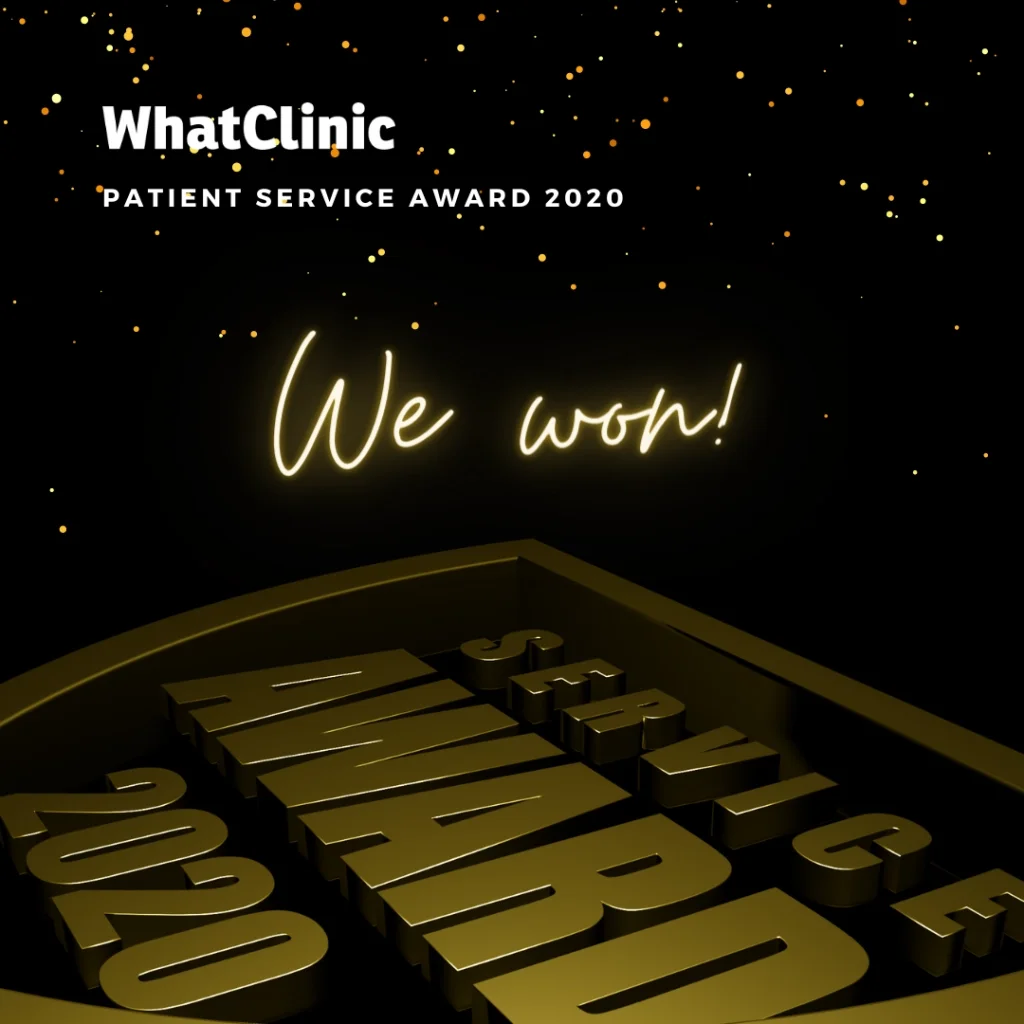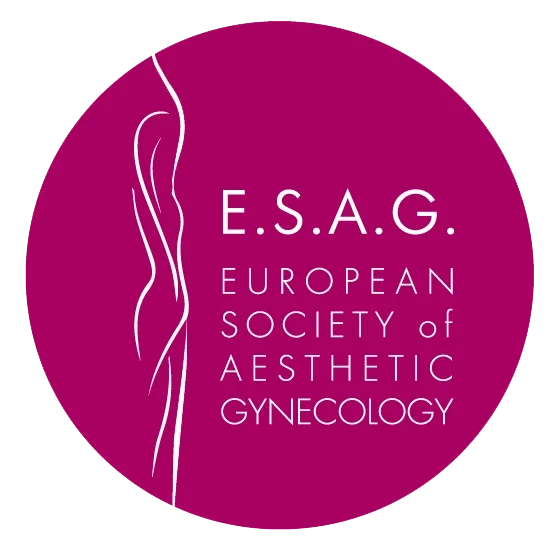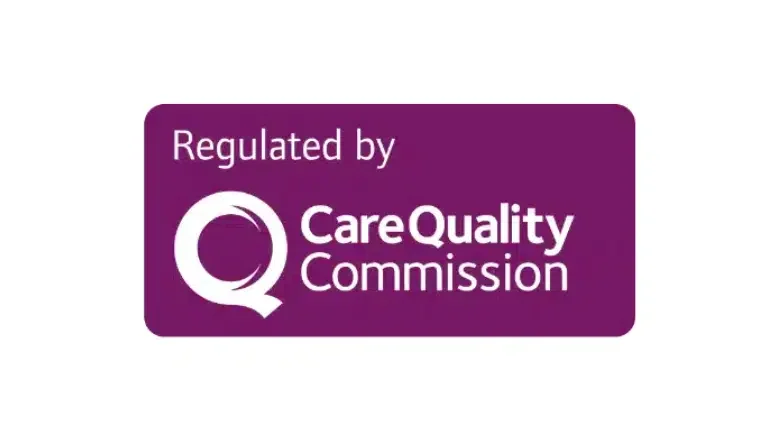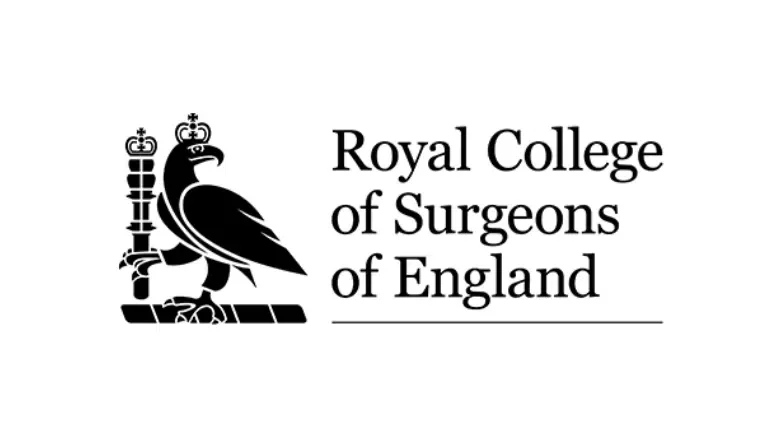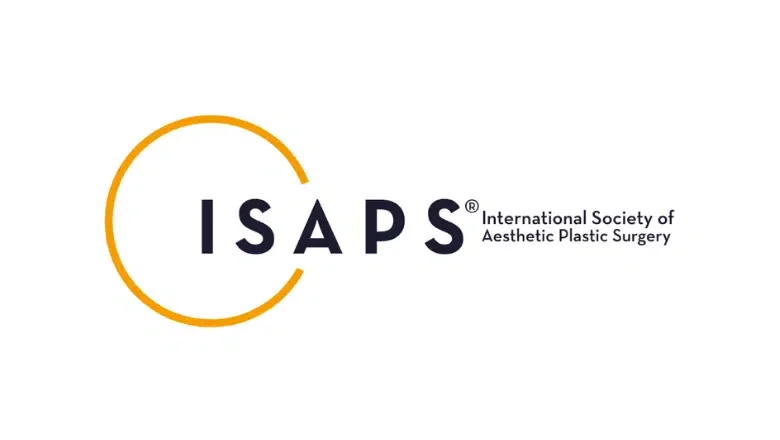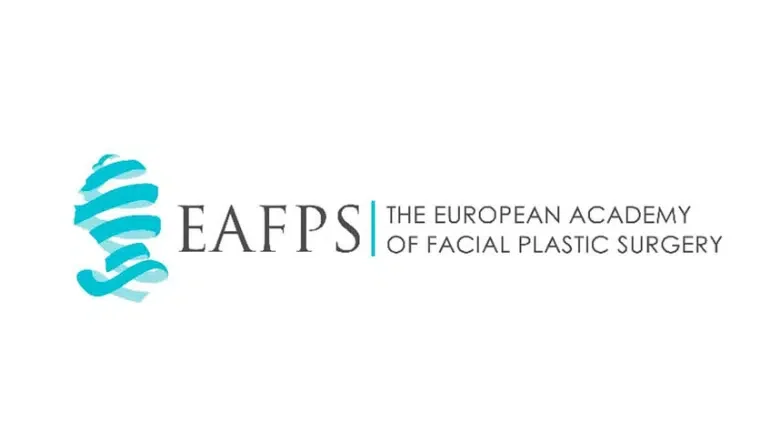ProlapLase Treatment
Pelvic Organ Prolapse (POP) is a common occurrence for women who have undergone childbirth. Pessaries and surgical methods are available, however, a new solution is laser treatment.
“25% of women in the UK are affected with pelvic floor disorders”
Benefits of ProlapLase
- Strengthening of the vaginal tissue and improvement of prolapse
- laser treatment for pelvic organ prolapse
- incisionless, minimally invasive
- no anaesthesia needed
- walk-in/walk-out procedure
Our doctors also perform the full range of aesthetic gynaecological treatments, both surgical and non-surgical, including vaginoplasty, labiaplasty or clitoral hood reduction.
Centre for Surgery is one of the few clinics in the UK to specialise in non-surgical vaginal laser treatment for pelvic organ prolapse. ProlapLase is a highly effective treatment and does not carry any of the risks associated with invasive surgery. Our surgeons will often recommend a course of laser treatment to improve the quality of the vaginal tissues and will reserve vaginal surgery for persistent cases of laxity or pelvic floor prolapse.
RELATED: 4 reasons to consider vaginal rejuvenation
With Centre for Surgery – you’ve made the right choice
- Our roots in plastic surgery mean we understand the continuum of surgical, non-surgical and laser treatments and how they can complement one another for optimal results. This allows us to offer a full range of treatment options for our patients.
- We offer our treatments in a premium, unrushed and caring environment that respects your privacy. This is why so many of our patients keep returning to us for further treatments.
- Our highly experienced team offers a full spectrum of aesthetic treatments that include the most advanced technology available.
- Our practitioners have a deep understanding of aesthetic treatments and continue to study them diligently. They have followed their development for over ten years. Every one of our practitioners adheres to our practice philosophy of achieving natural-looking results.
Dr Paraskevi Demitriadi
Dr Paraskevi Dimitriadi is a specialist aesthetic gynaecologist and has trained at some of the world’s leading hospitals in all aspects of gynaecology. Dr Dimitriadi continues to practice in a major London teaching hospital. She takes an active interest in research into aesthetic gynaecology and lectures both nationally and internationally on a range of topics in aesthetic gynaecology. She is a full member of the European Society of Aesthetic Gynaecology (ESAG).
Dr Dimitriadi is known for her caring, patient-centred approach, supporting all her patients and she always strives to optimise patient outcomes at stages of the patient journey.
Dr Dimitriadi is a highly experienced and advanced practitioner with extensive experience in caring specifically for women and will guide you to the ideal choice for your unique vaginal rejuvenation needs. Dr Dimitriadi is supported by an expert nursing team and all share her enthusiasm about targeting women’s health concerns and have more than 10 years of experience in the field. Dr Dimitriadi is fully committed to adopting a holistic treatment approach and will discuss your lifestyle, set treatment goals, and ensure all questions have been answered before proceeding with the right treatment.
What is pelvic organ prolapse?
Other treatments to treat POP can often include surgery or the use of a pessary. Both of these methods have often had many complications and various side effects, and as such have not been a desirable option for women.
The ProLapse treatment uses the Er:YAG laser therapy. This laser stimulates collagen fibre production. This process shrinks and tightens the vaginal canal without the removal of any tissue.
There are many benefits to undergoing this procedure, such as:
- No anaesthesia required
- No recovery time – can immediately return to your usual activities
- No incisions or sutures involved
- No pre-op or post-op precautions
Ideal candidates for ProlapLase
You will be a suitable candidate for this procedure if you are wishing to treat POP and do not want to undergo surgery or use pessaries.
Prior to undergoing this procedure, you will need to attend a consultation with one of our surgeons. They will be able to assess whether or not this procedure is suitable for you or whether other options will be better.
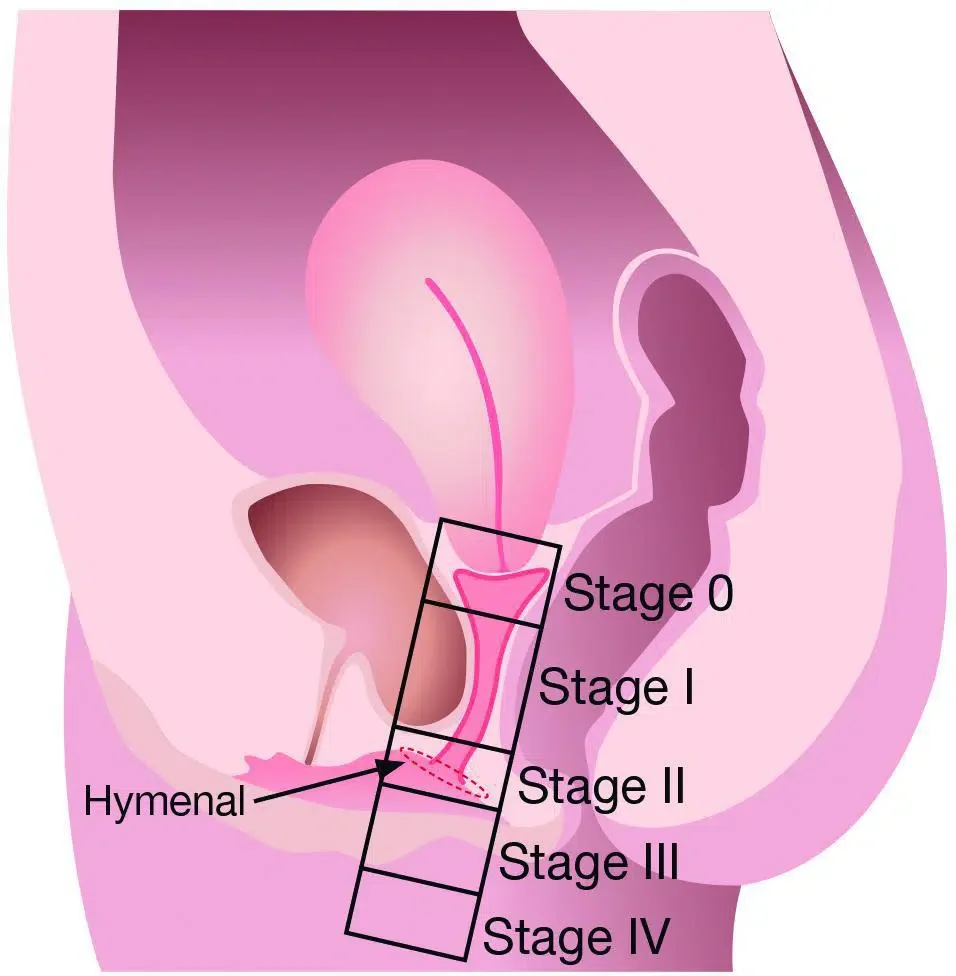
What does ProlapLase involve?
Depending on the severity of the prolapse, between 3 to 5 sessions of ProlapLase® with a one-month interval are sufficient to achieve significant improvement. No special pre-op preparations or post-op precautions are necessary. You can immediately return to your normal everyday activities. Additional advantages of ProlapLase® are that the procedure is incisionless and virtually painless. Recovery is extremely quick without need for the use of analgesics or antibiotics.
FAQs
-
What is Pelvic Organ Prolapse?Pelvic organ prolapse occurs when the tissues and muscles which support the uterus, bladder or rectum become weak or loose. One of the organs will then press or drop into the vagina.
To treat this, you can undergo surgical procedures or resort to pessaries. Both methods have been associated with high levels of issues and side effects. As a result, laser therapy has become a more desirable option. -
Is ProlapLase effective for severe degrees of pelvic organ prolapse?Yes, we can expect some degree of improvement in most cases and this may postpone the need for a surgical procedure. In many severe cases surgery is the only option.
-
How do Fotona SMOOTH treatments work?The treatments work by stimulating the body’s own regenerative potential. Laser pulses are delivered to the tissue in an optimal, patented laser mode that produces gentle heat pulses in the vaginal mucosal lining, stimulating the formation of new collagen and strengthening vaginal wall support.
-
What does the procedure involve?Treating Pelvic Organ Prolapse can be done by laser treatment. This is done using Fotona’s ProlapLase therapy. This uses the Er:YAG laser. This laser tightens the tissue and contracts the vaginal canal.
This method stimulates new collagen production while avoiding the removal of any tissue. -
Are results permanent?The results have been shown to be stable up to 18 months post-treatment. After this they start to slowly diminish. A maintenance treatment of one session per year is thus advised after the initial series of sessions to achieve lasting optimal results.
-
What anaesthetic is used?No anaesthetic is used during this procedure.
-
What are the benefits to laser therapy?There are numerous benefits to undergoing laser therapy to treat pelvic organ prolapse. This includes:
- No anaesthetic
- No recovery period
- No incisions
- No sutures -
Am I an eligible candidate for this procedure?To be eligible for ProlapLase laser treatment, you will need to have pelvic organ prolapse and are wishing to treat this without undergoing a surgical procedure.
-
Is there any age restriction for treatment?The treatments are recommended for adult women of all ages. The effectiveness of the treatment may be reduced with advanced age due to the decreased capacity of the body’s natural regeneration process, which is the mechanism behind the Fotona SMOOTH® procedures.
-
Can I have laser treatment if I am going through the menopause?Yes, menopausal women can have the treatment. In the case of severe dryness and irritation, it is recommended to first start with the RenovaLase® treatment, which has been specially developed to treat the symptoms of genitourinary syndrome of menopause. This can then be followed up with treatments for stress urinary incontinence or prolapse, if needed.
-
Does the laser treatment hurt?This is a gentle, non-invasive procedure. You should feel no pain during the procedure.
-
What is the recovery period like?This is a non-surgical procedure; you will have minimal recovery time and will be able to resume your daily routine straight away.


